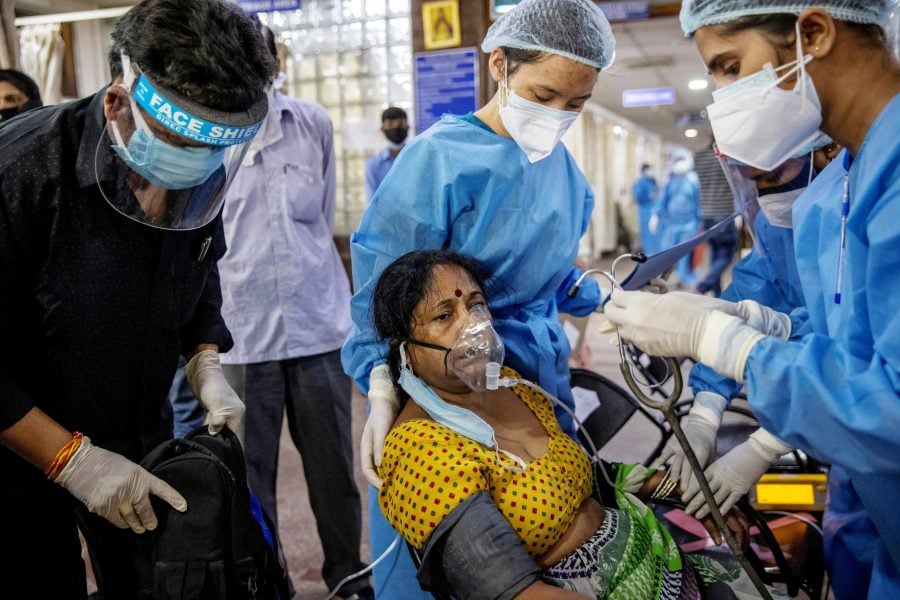India recorded a daily increase of 132,788 new covid-19 infections in the last 24 hours, while mortality increased by 3,207.
According to health ministry figures, the number of covid-19 infections in the South Asian country has reached 28.3 million, with 335,102 deaths.
South Asia, which includes India, Bangladesh, Pakistan, Bhutan, Nepal, Maldives, and Sri Lanka, contributes to 18% of world cases and over 10% of fatalities. However, there is increasing concern that official counts of illnesses and fatalities may not accurately represent the full scope of the problem.
India’s coronavirus immunization programme for everyone aged 18 and above began last month. Despite being one of the world’s largest vaccine makers, it has been unable to fulfill the demand for vaccines.
India has been vaccinating its citizens using the AstraZeneca vaccine, which is manufactured locally at the Serum Institute of India (SII), and Covaxin, which is created locally by Bharat Biotech, as well as Russia’s Sputnik V.
Earlier, the World Health Organization (WHO) has declared that covid-19 variations will be classified by letters of the Greek alphabets to prevent misreporting and stigmatizing countries where they were initially discovered.
The new methodology applies to the most concerning variations of interest – four of which are now in circulation – as well as the second-level variations of interest being monitored.
“While they have their advantages, these scientific names can be difficult to say and recall and are prone to misreporting,” the WHO said in a statement.
“As a result, people often resort to calling variants by the places where they are detected, which is stigmatizing and discriminatory.”
According to the sequence of their finding, the four covid-19 variations regarded of concern by the United Nations organization and commonly known as the UK, South Africa, Brazil, and India variations have now been assigned the letters Alpha, Beta, Gamma, and Delta.
Other interesting variations continue down the alphabet.
“The labels don’t replace existing scientific names, which convey important scientific information and will continue to be used in research,” WHO’s technical lead Maria Van Kerkhove tweeted.
“These labels will help with a public discussion about VOC/VOI as the numbering system can be difficult to follow.”
The WHO stated in a statement that the new labelling should be adopted by media outlets and national authorities.










